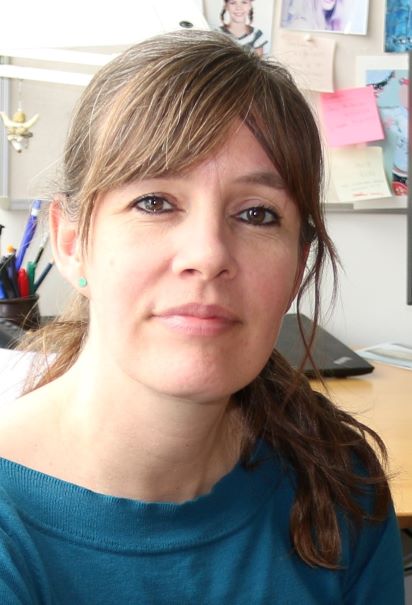Profile
I have a PhD in Educational Anthropology and a MPhil in Anthropology from University of Copenhagen. My research lies in the intersection between research on school, children and ethnicity, focusing on the relationship between children and young people's experiences, identities, practices and communities, the institutional logics and practices of the school, and the norms, conflicts and civilising projects of the broader society.
Publications
Gilliam, L., & Gulløv, E. (2017). Children of the welfare state: civilising practices in schools, childcare and families. Pluto Press. Anthropology, Culture and Society
Gilliam, L., & Gulløv, E. (2022). Children as Potential: A Window to Cultural Ideals, Anxieties and Conflicts. Children's Geographies, 20(3), 311-323. [5]. https://doi.org/10.1080/14733285.2019.1648760
Gilliam, L. (2022). Being Muslim 'without a fuss': Relaxed religiosity and conditional inclusion in the Danish school and society. Ethnic and Racial Studies, 45(6), 1096-1114. https://doi.org/10.1080/01419870.2021.1971733
Gilliam, L. (2019). Secularities-in-practice: Accommodating Muslim pupils and preserving Danish identity in multi-ethnic Danish schools. Journal of Religion in Europe, 12(1), 1-26. https://doi.org/10.1163/18748929-01201001
Gilliam, L. (2015). Being a good, relaxed or exaggerated Muslim. religiosity and masculinity in the social worlds of Danish schools. In M. Sedgwick (Ed.), Making European Muslims: religious socialization among young Muslims in Scandinavia and Western Europe (pp. 165-186). Routledge. Routledge studies in religion Vol. 40
